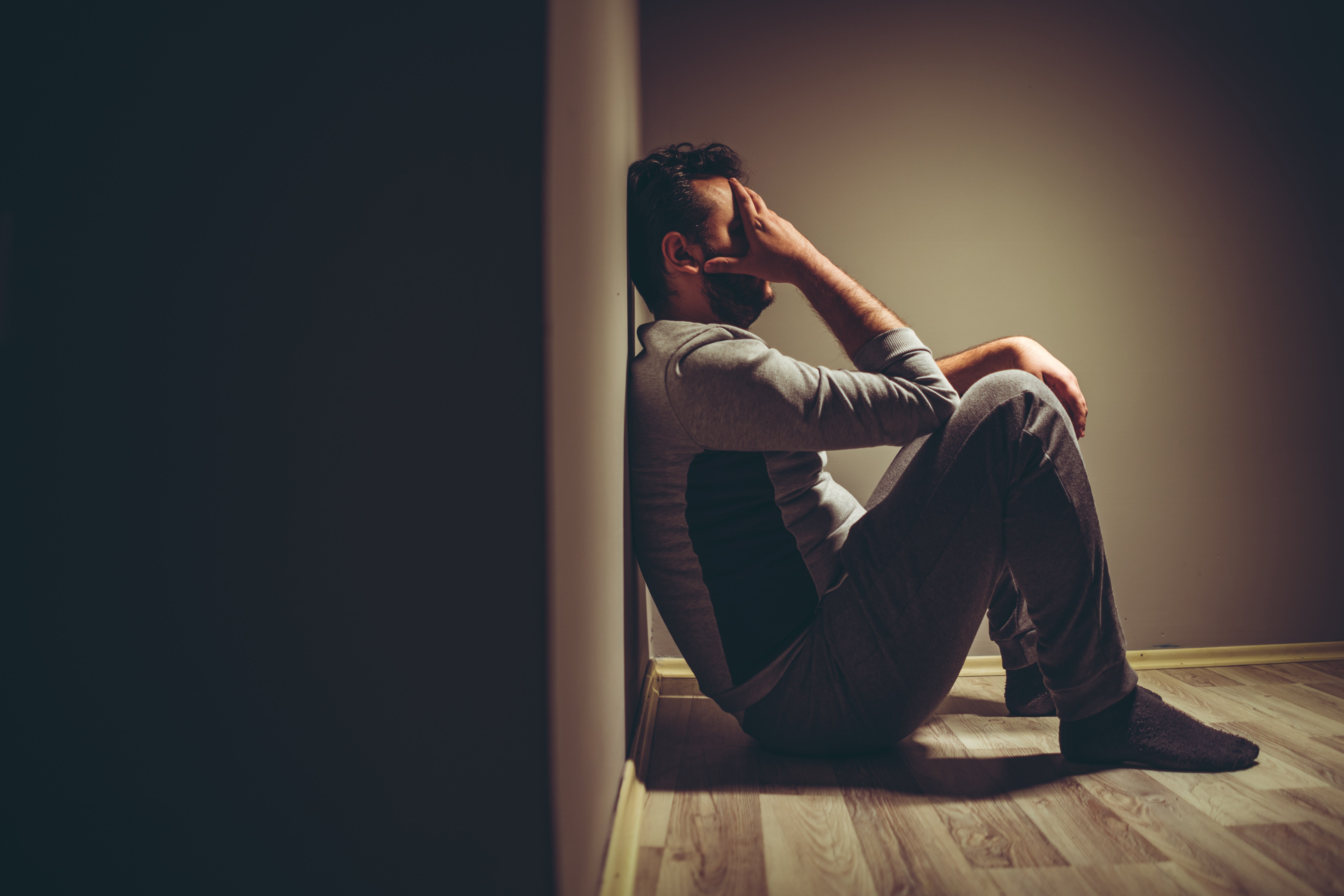Men struggling with ‘bigorexia’ need eating disorder support too
We have a long way to go to make sure men like me are included in treatment, even if our eating problems show up in different ways


Rates of diagnosis and hospital admissions for eating disorders have been rising faster than ever in recent years. There have been particularly sharp increases in cases amongst non-white ethnicities, and men.
Breaking down the stereotypes about eating disorders means we have to think about these groups, too, and whether they experience eating disorders in the same way. We can’t just copy and paste what we know about eating disorders from one group onto another.
One group at risk of being overlooked is muscular and health-conscious men. Men who regularly go to the gym or take part in bodybuilding might not look like “typical” eating disorder sufferers, but there are many risks of behaviours that men use to achieve muscular bodies.
Emerging research has shown that men face increasing pressure to have muscular bodies because this is associated with an idealised view of masculinity. Extreme levels of muscularity-driven behaviours such as weight training, strict dieting and steroid abuse have been dubbed "bigorexia" because of their overlap with the symptoms of eating disorders.
Trying to access support for eating problems as a man can be all too difficult, especially when you don’t fit the mould. When I went to my GP for help with anorexia as a teenager, they asked me: “Why do you want to look like that? You’re a boy! Boys want to be masculine and muscly, not skinny.”
More recently, I was told that "people with bulimia are usually overweight” and the doctor doubted that I could have an eating disorder because I looked “toned and athletic”. It felt like I couldn’t be taken seriously in either situation, and for too many men like me it can be an uphill struggle to be believed.
When in treatment, the problems continued. For example, my body mass index (BMI) wasn’t adjusted for being male, meaning I had to lose even more weight to be taken seriously. More recently, I’ve been refused treatment by eating disorders services because my weight is normal, even though my kidneys have come under strain from changes in my blood in response to over-exercising.
We have a long way to go to make sure men like me are included in treatment, even if our eating problems show up in different ways. This isn’t asking for special treatment – the risks of “bigorexia" are real. Studies show that the strain of intense exercise and unbalanced diets can cause problems with growth amongst teenagers and even lead to life-threatening drops in heart rate.
We should take this seriously. Over a million men use steroids in the UK for cosmetic reasons, rather than for sport. Mentally, steroid misuse has been linked to anxiety and depression. The milder physical side effects can include mood changes, nausea and irritability. More severe consequences include damage to the reproductive system, problems with the heart, and premature death. This seems like a high price to pay for the “perfect body”, and suggests something more than simple vanity is going on.
In my experience, the overlap with more “typical” eating disorders is clear. The risks of muscle-related behaviours are similar to the risks I faced with anorexia, when I starved myself to the point of hospitalisation in order to be thin. In both cases, this isn’t really about looking good.
To keep up to speed with all the latest opinions and comment, sign up to our free weekly Voices Dispatches newsletter by clicking here
Anorexia isn’t a “diet gone wrong” and “bigorexia” isn’t simply a fad. It’s serious, and needs treatment that addresses both the mental and physical components. Sadly, “bigorexia" is currently left out of the ways in which eating disorders are diagnosed. Changing this will be a big step forward for the many men who might be struggling, but have nowhere to go for help.
We need to keep breaking down stereotypes about eating disorders in society, too. When everyone around me praised my intense exercise regime and perfect diet, nobody helped me to see that I was risking my health and needed support.
The next time you notice a friend is maxing out at the gym, putting exercise before socialising, or avoiding eating out to stick to their strict nutrition plan, think twice before praising them.
Instead, ask them if they’re OK, really. Being asked by others helped me to feel less ashamed about a subject than can feel like a taboo for men. Together we can open the door for more men with eating disorders to ask for the help they need.
Join our commenting forum
Join thought-provoking conversations, follow other Independent readers and see their replies
Comments
Bookmark popover
Removed from bookmarks